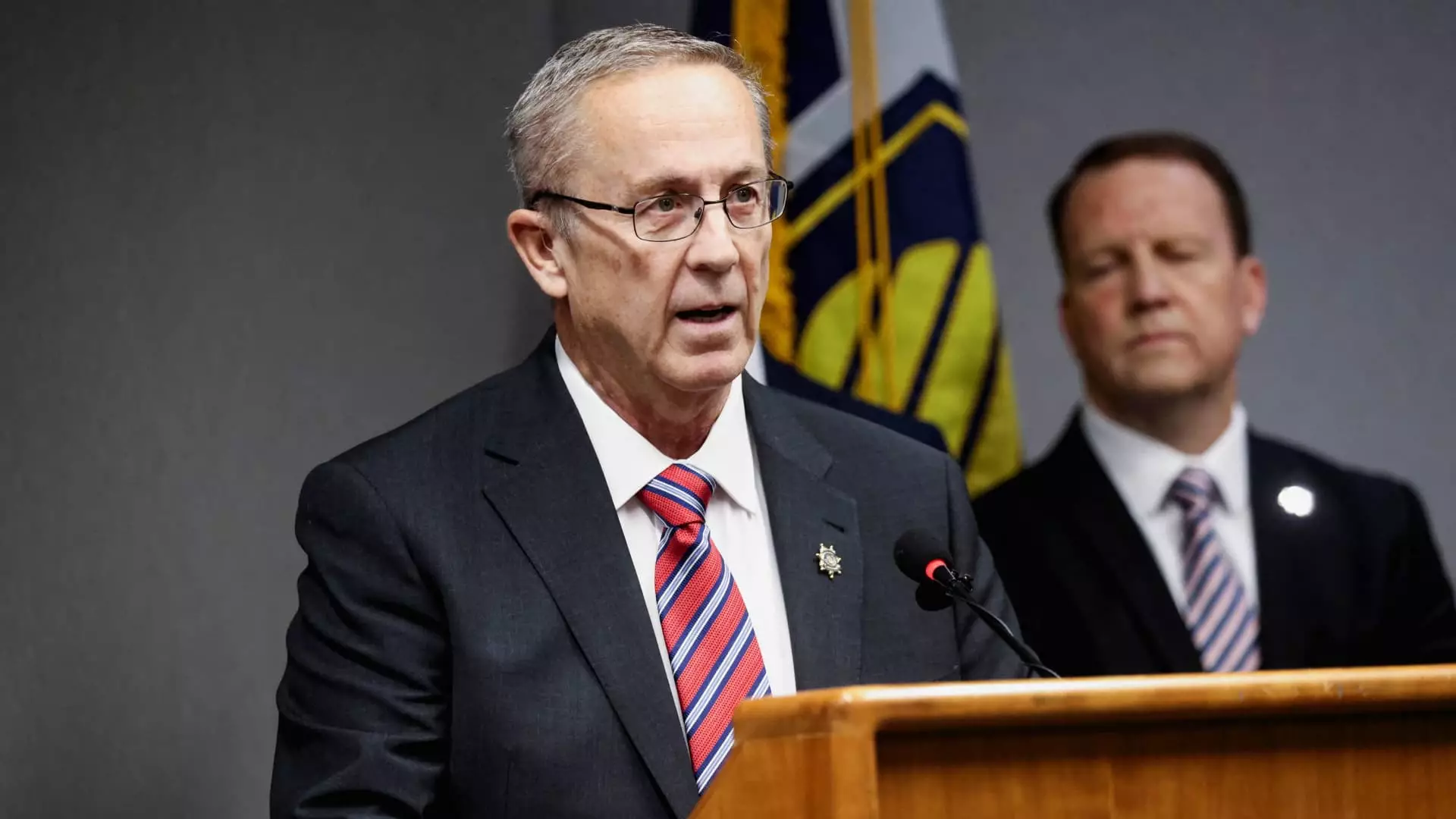The recent violent incident targeting Charlie Kirk, a prominent conservative figure, underscores a disturbing trend that lurks beneath the surface of our polarized political climate. This tragic event should spark a profound moment of reflection for a society that has increasingly allowed rhetoric and misinformation to foster hostility rather than understanding. It is painfully evident that when political discourse devolves into personal animosity and ideological violence, everyone suffers—especially those who seek to foster dialogue and unity. Our challenge is to confront and dismantle the root causes of such destructive behavior before more lives are irrevocably damaged.
Understanding the Role of Rising Political Tensions
What makes this case particularly alarming isn’t just the act of violence itself but the societal conditions that allow such acts to manifest. The narrative spun by some segments of the media and certain political figures has exacerbated division, casting opponents as enemies rather than fellow citizens with valid concerns. This polarization creates a dangerous environment where violence becomes envisioned as a justified response to ideological difference. Responsible leadership must recognize that demonizing the “other” feeds this toxic cycle, blinding us to the fundamental values of democracy—mutual respect, critical dialogue, and compassion.
The Personal and Societal Impact of Political Violence
The spectacle of a young man, Tyler Robinson, allegedly committing such a heinous act, points to a broader societal failure. Instead of addressing the issues driving discontent—such as inequality, misinformation, and lack of dialogue—some factions have become obsessed with scoring political points. Robinson’s background, marked by a shift towards more left-leaning views and personal struggles, reveals how fragile human psychology can become in a climate where violence is normalized or dismissed. This tragedy is not just about individual pathology but about a cultural environment that encourages us to see opponents as enemies rather than as fellow humans deserving empathy.
The Role of Media and Political Rhetoric in Escalation
The media plays a pivotal role in shaping perceptions, and unfortunately, it often amplifies division rather than healing it. Heated narratives that paint entire political ideologies as threats contribute to a sense of us-versus-them mentality. The response from prominent figures, whether condemning or attempting to deflect blame, exposes the failure of leadership in promoting peaceful resolution. If we continue tolerating inflammatory speech that frames political opponents as enemies, the risk of violence will only intensify. It’s incumbent upon media outlets and politicians to prioritize facts, empathy, and solutions over sensationalism and fearmongering.
Challenging the Cycle of Violence and Misinformation
Preventing future tragedies demands a shift in our collective approach. Education that emphasizes critical thinking and media literacy can help diminish the influence of misinformation. Political leaders must remain committed to dialogue over division, emphasizing shared values rather than exploiting differences. Civil society has a responsibility to foster spaces where diverse ideas can be exchanged without fear of escalation. Ultimately, we must recognize that violence is never a legitimate form of political expression. Instead, we must cultivate a culture that prizes empathy, understanding, and unwavering commitment to peaceful coexistence.
The Path Forward: Reclaiming Humanity in Politics
The incident involving Charlie Kirk’s death should serve as a wake-up call that the cost of political extremism is unbearably high. If we want a healthier, more resilient democracy, we must confront the darker impulses that threaten to unravel the social fabric. This requires a conscious effort from individuals, leaders, and institutions to reject violence, challenge misinformation, and promote a politics rooted in empathy and reason. Only through such collective action can we hope to stem the tide of divisiveness and create a future where political differences do not end in tragedy but instead inspire constructive change.


Leave a Reply